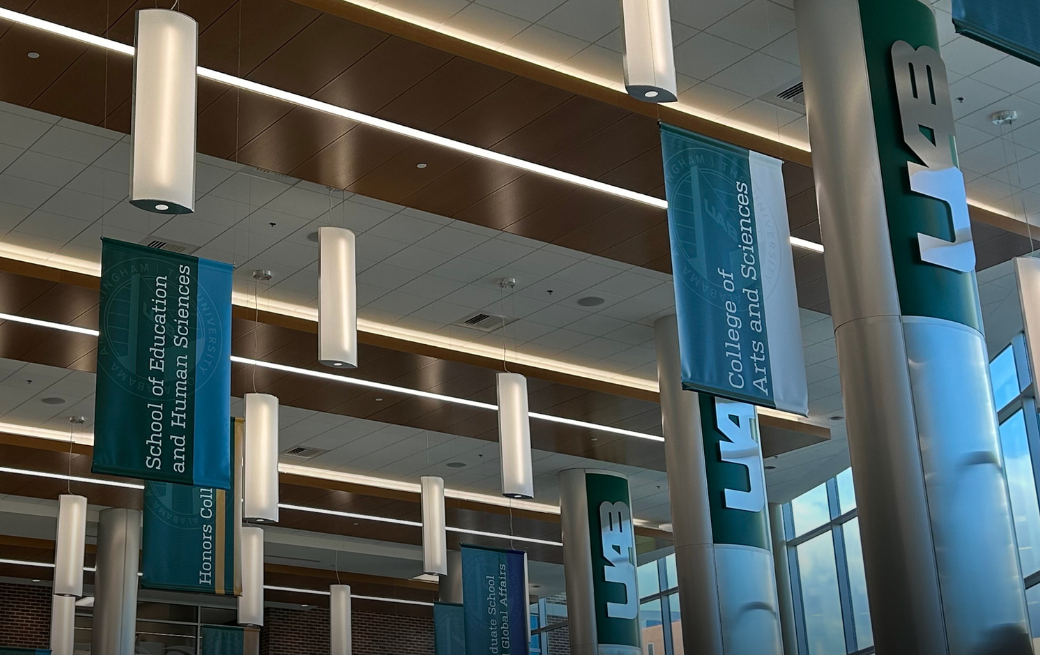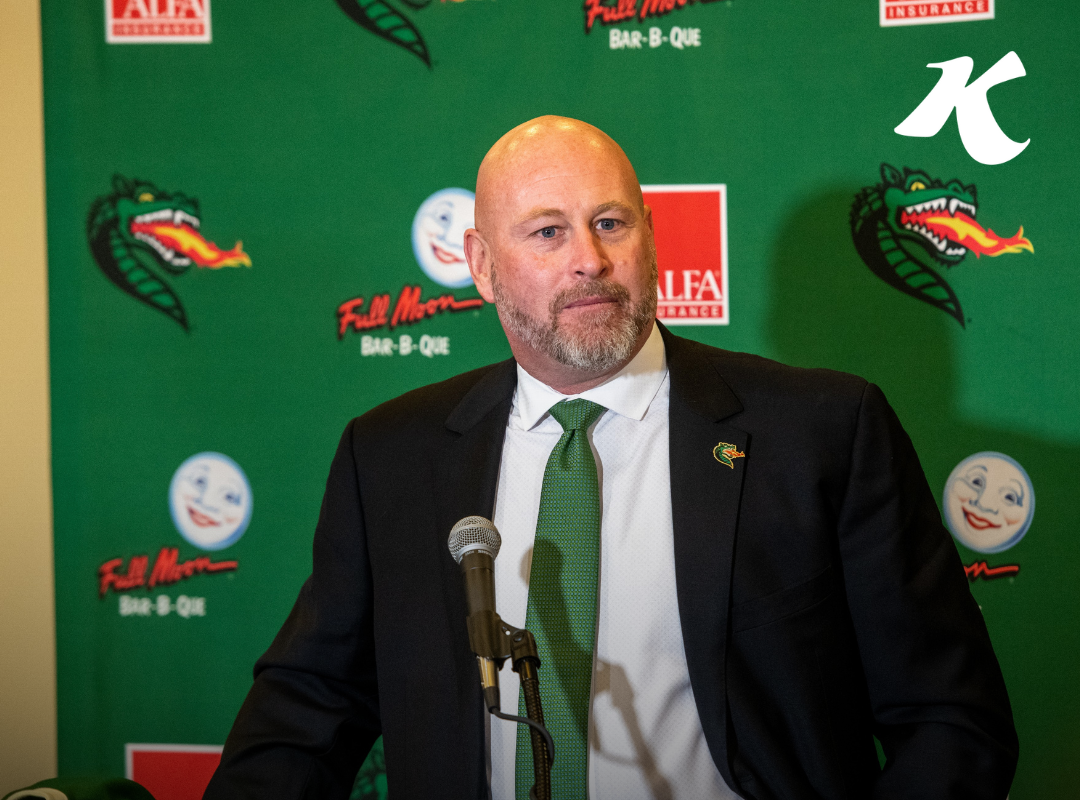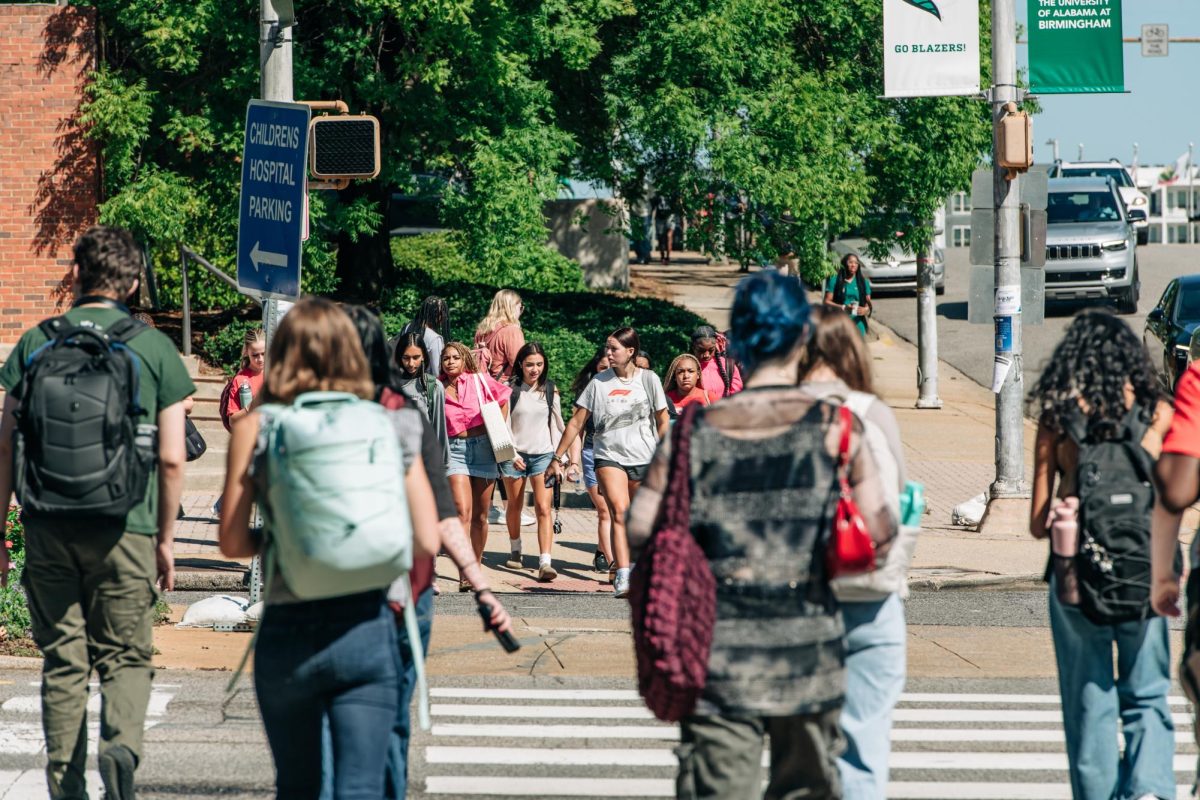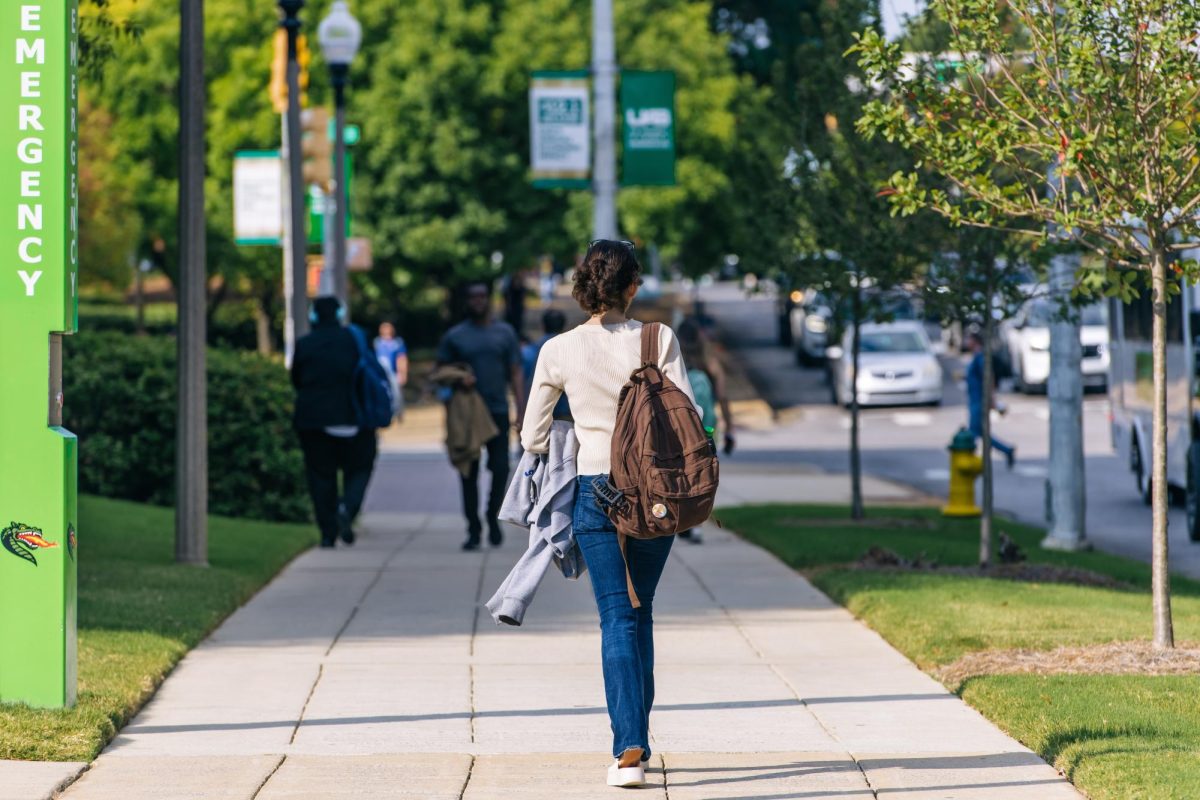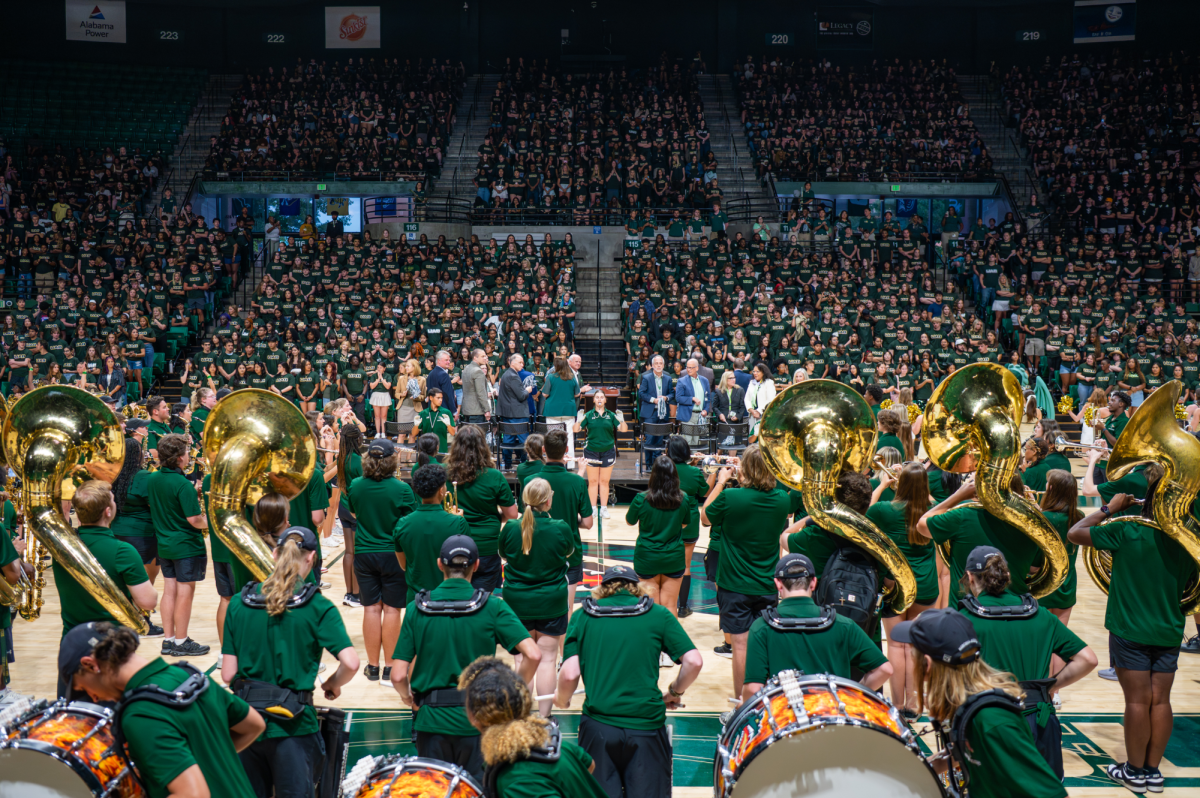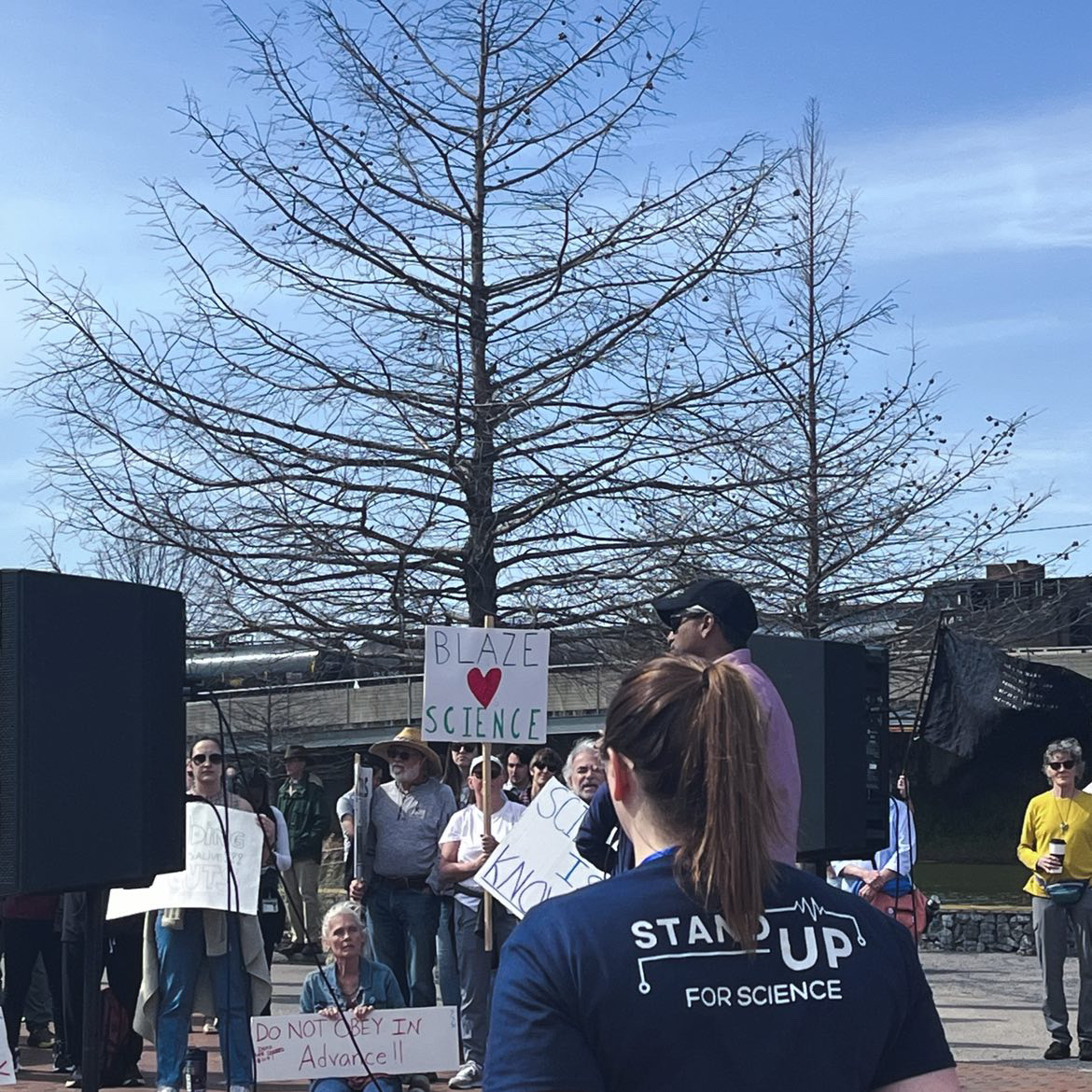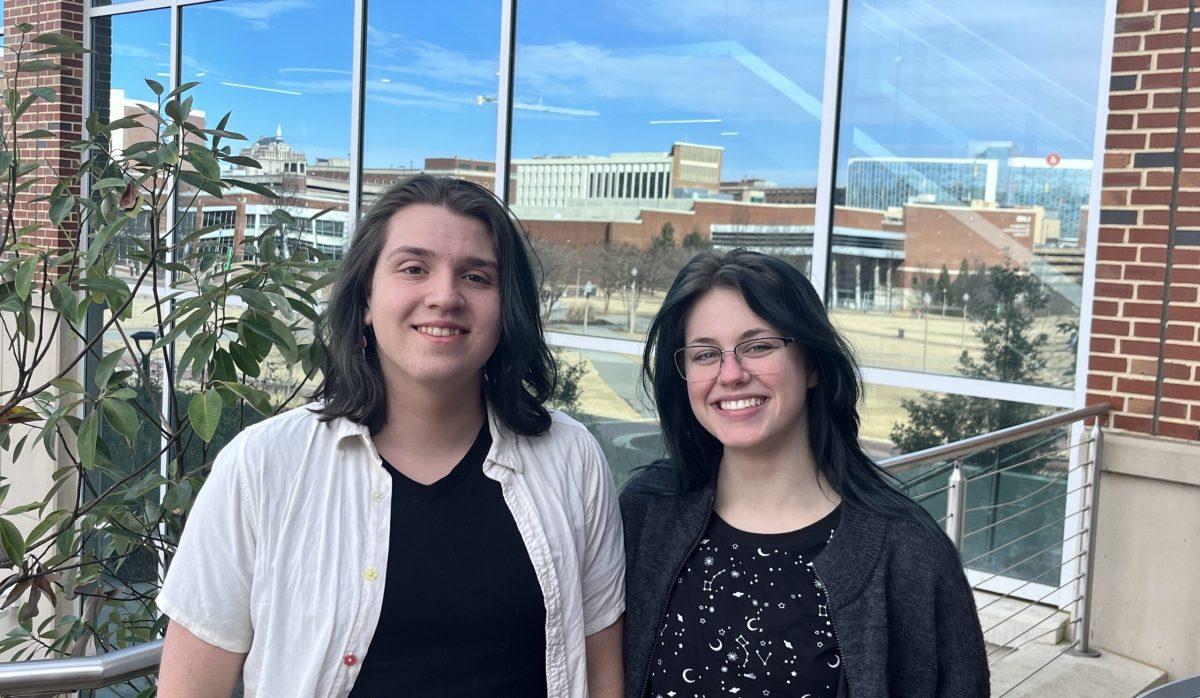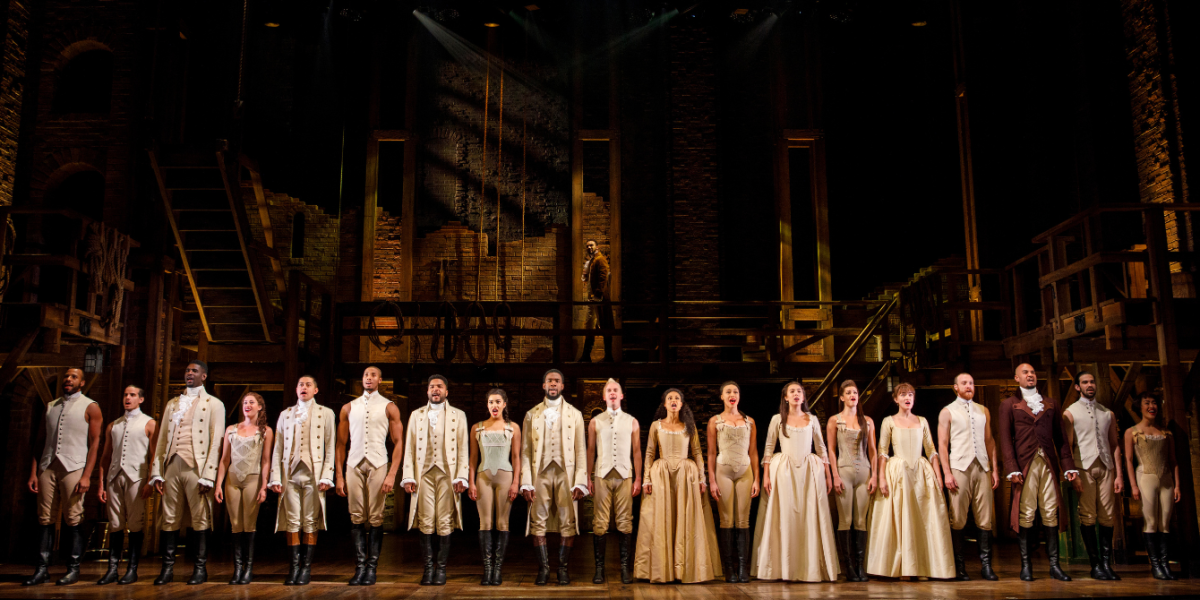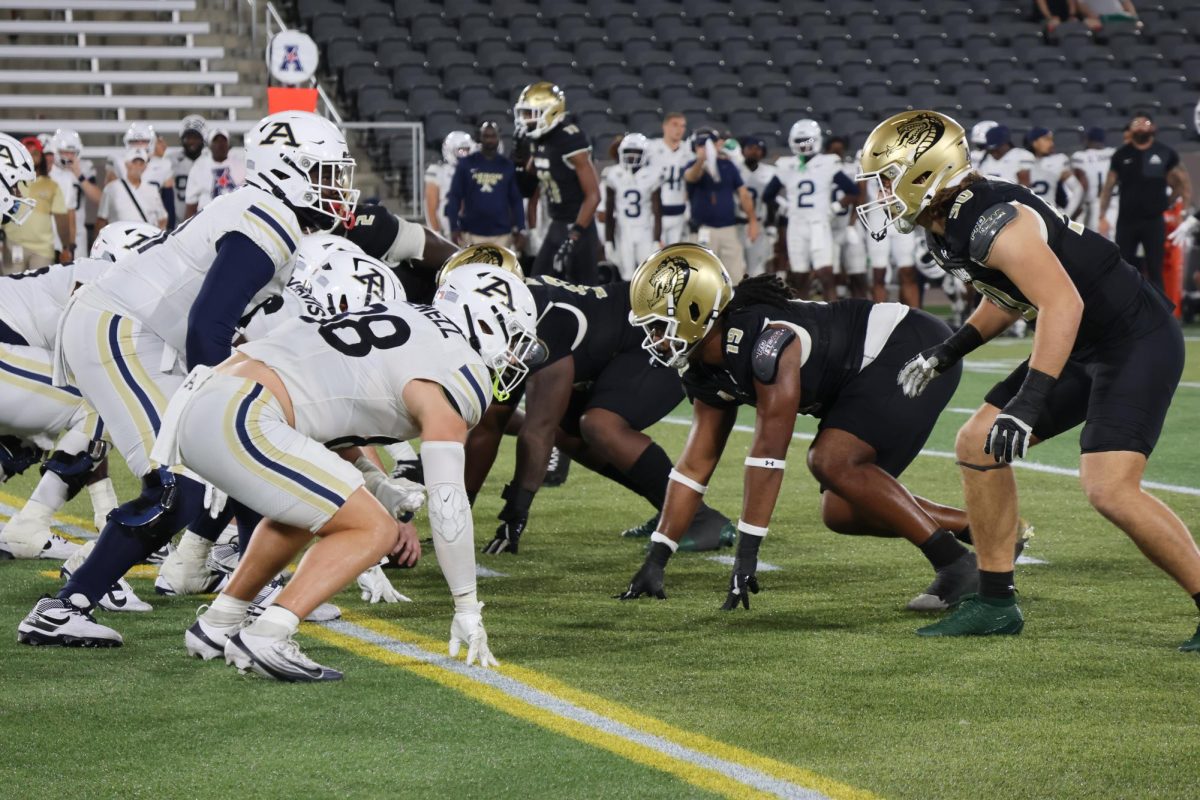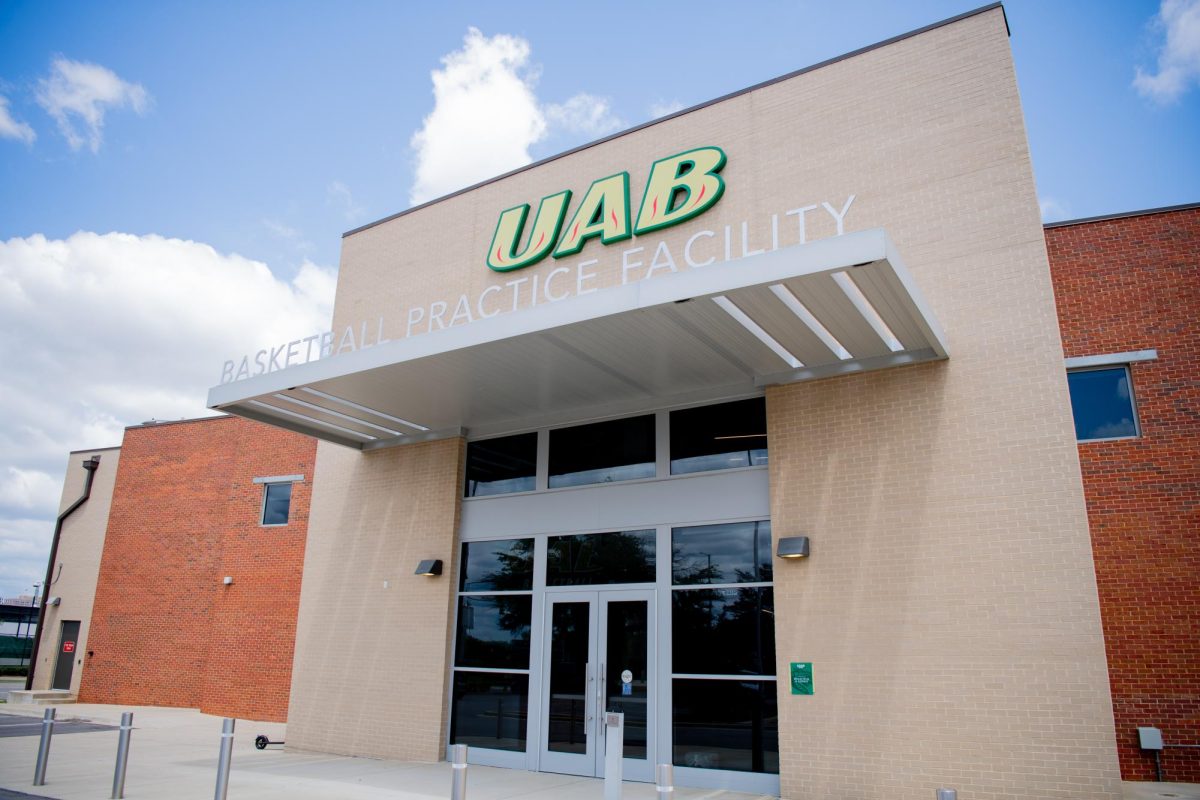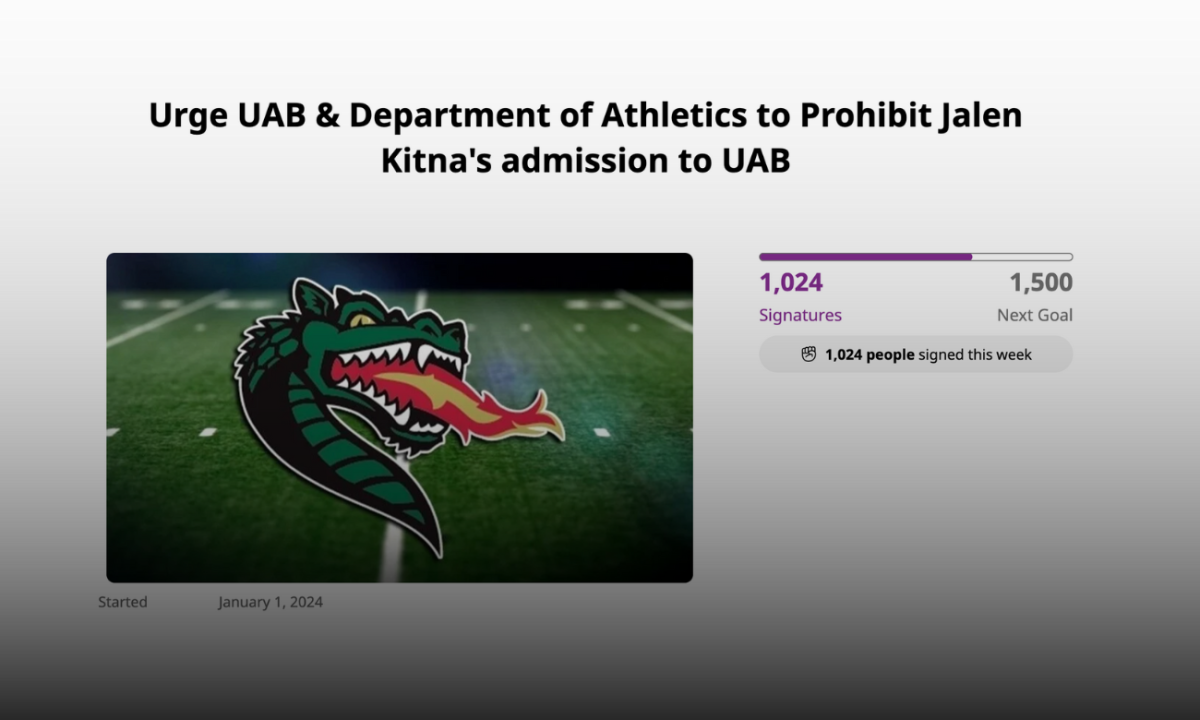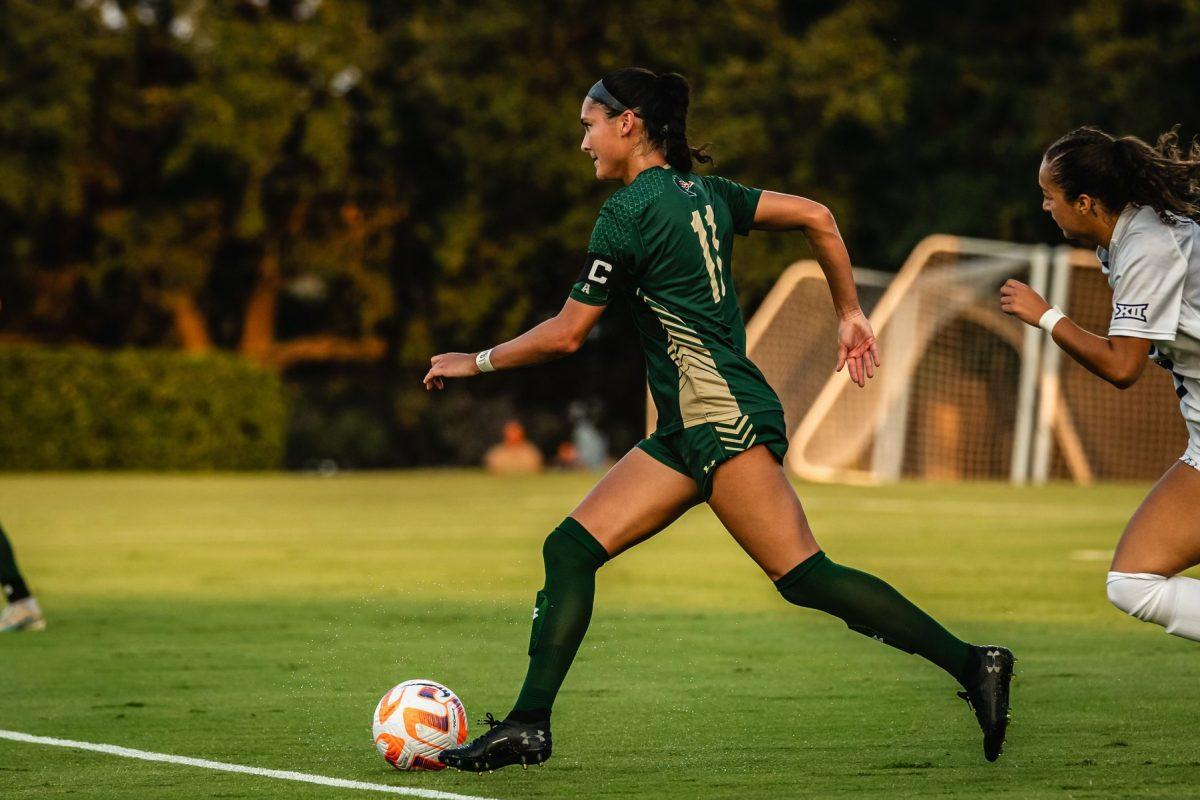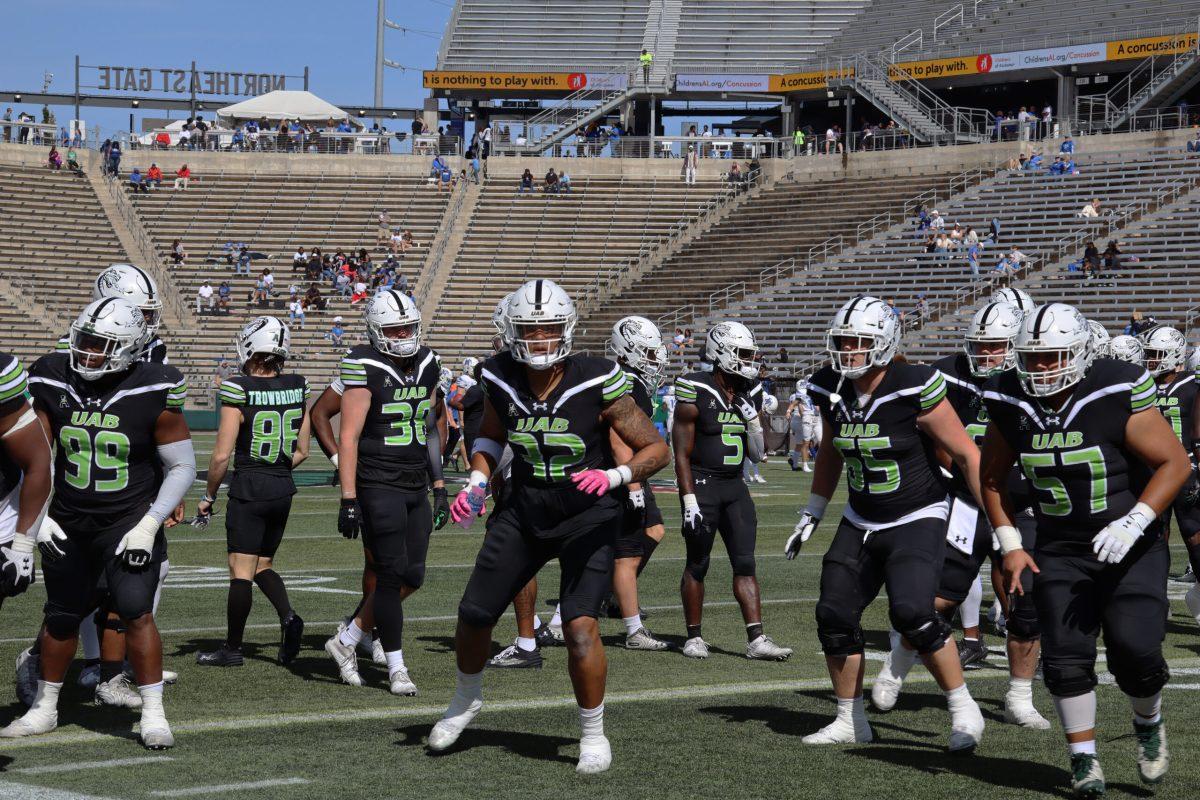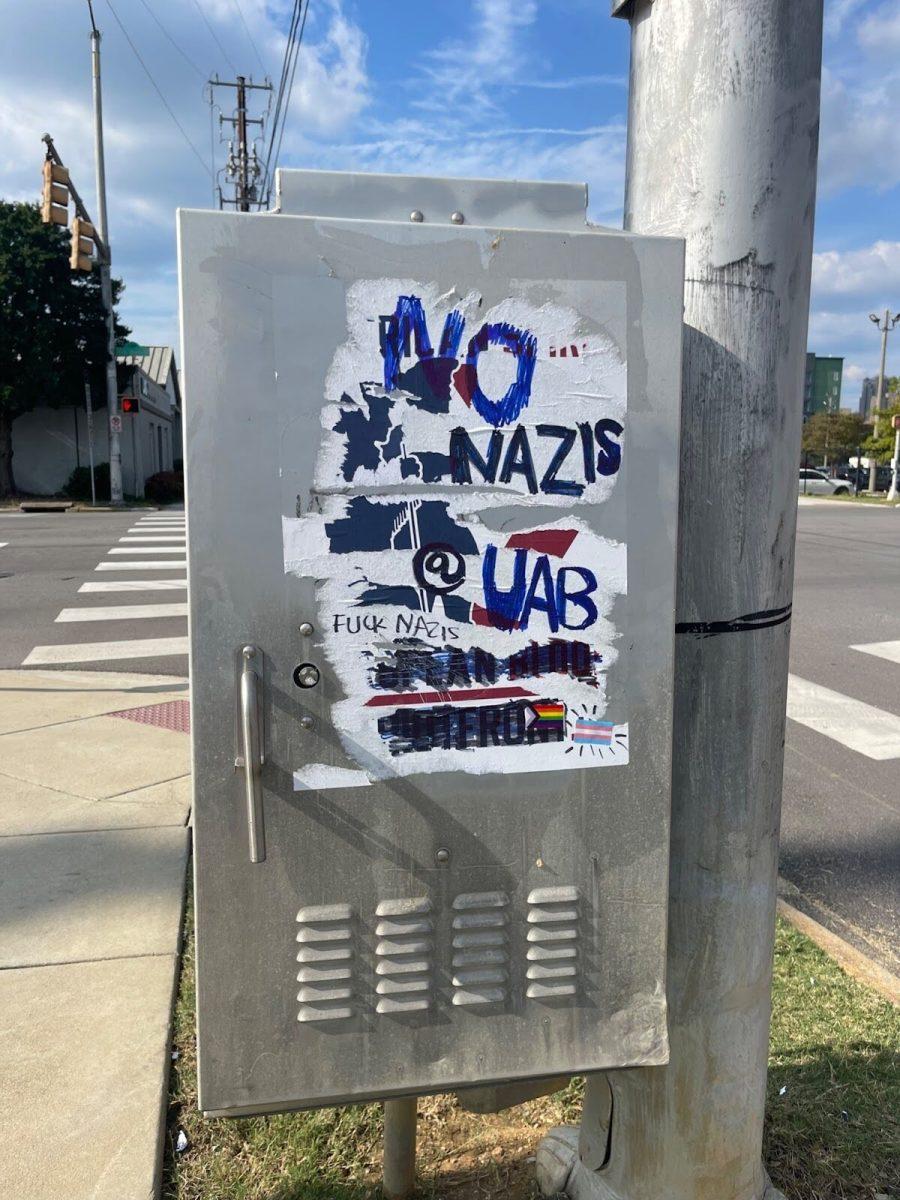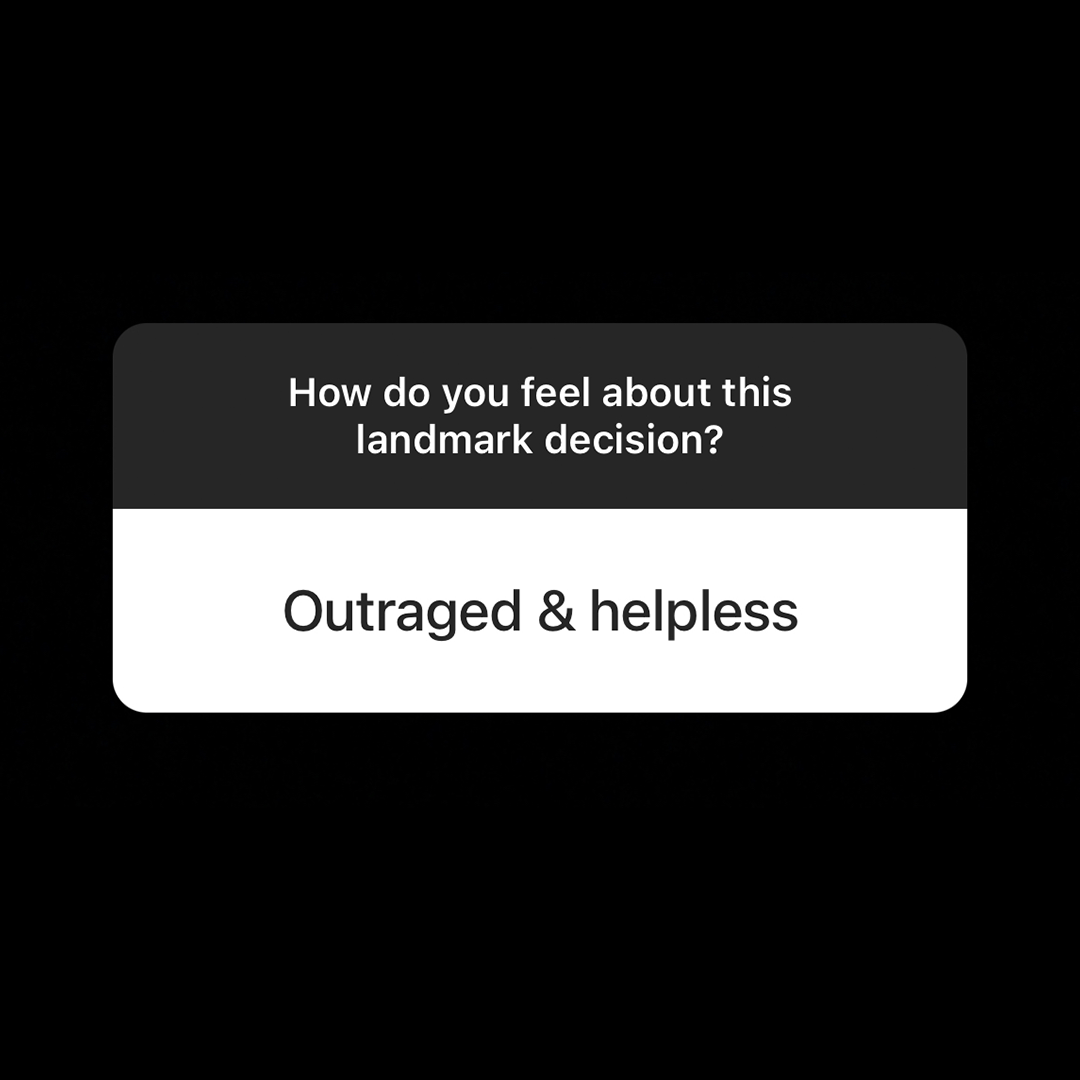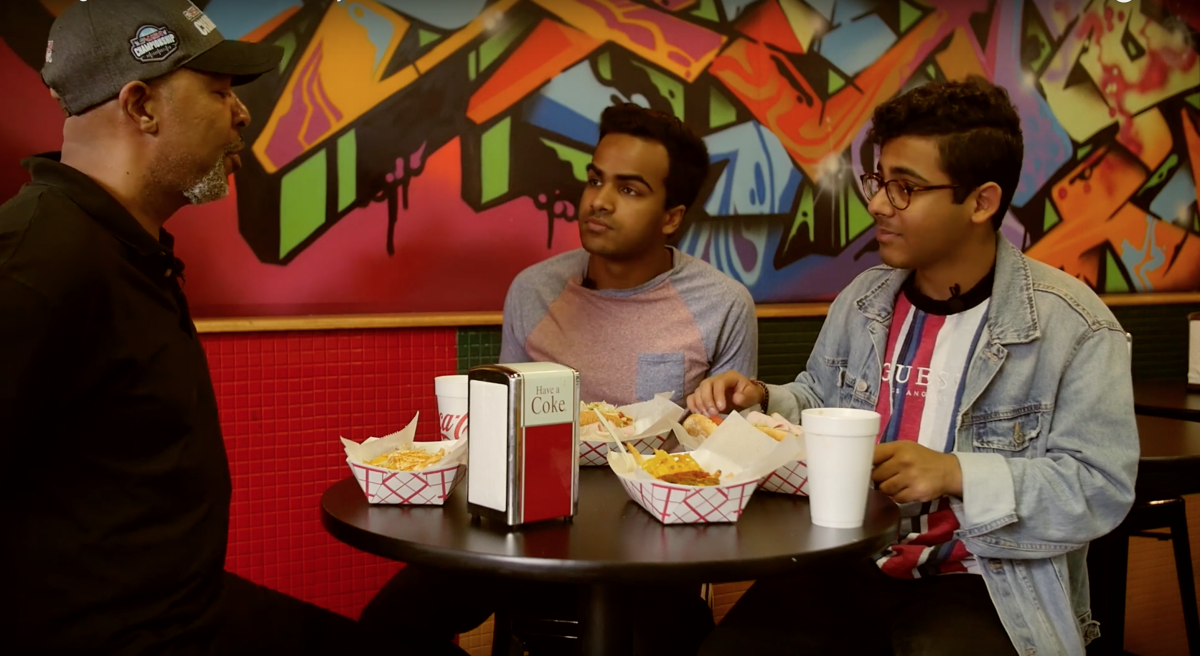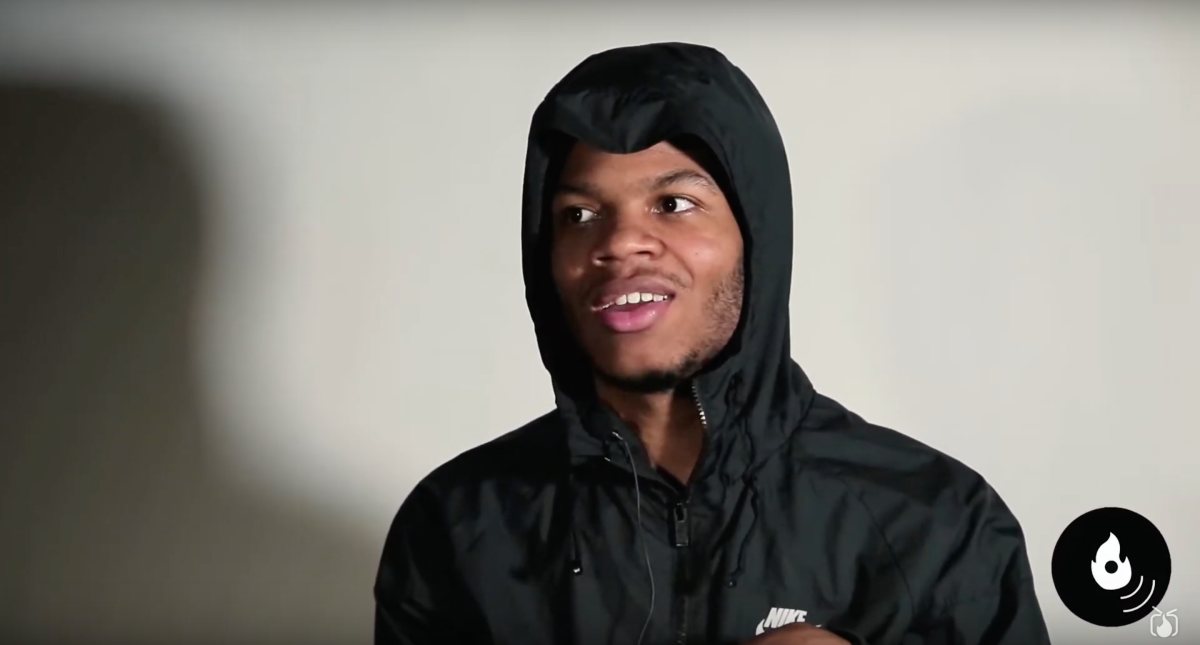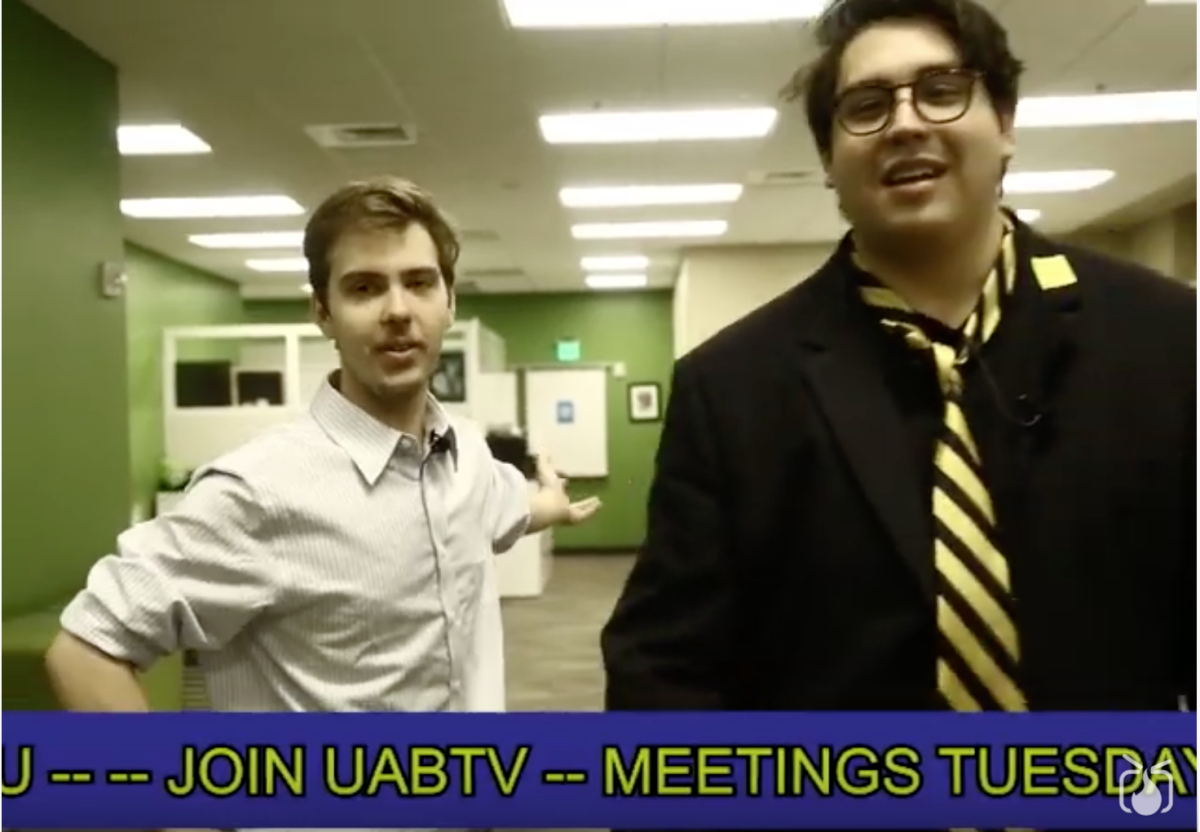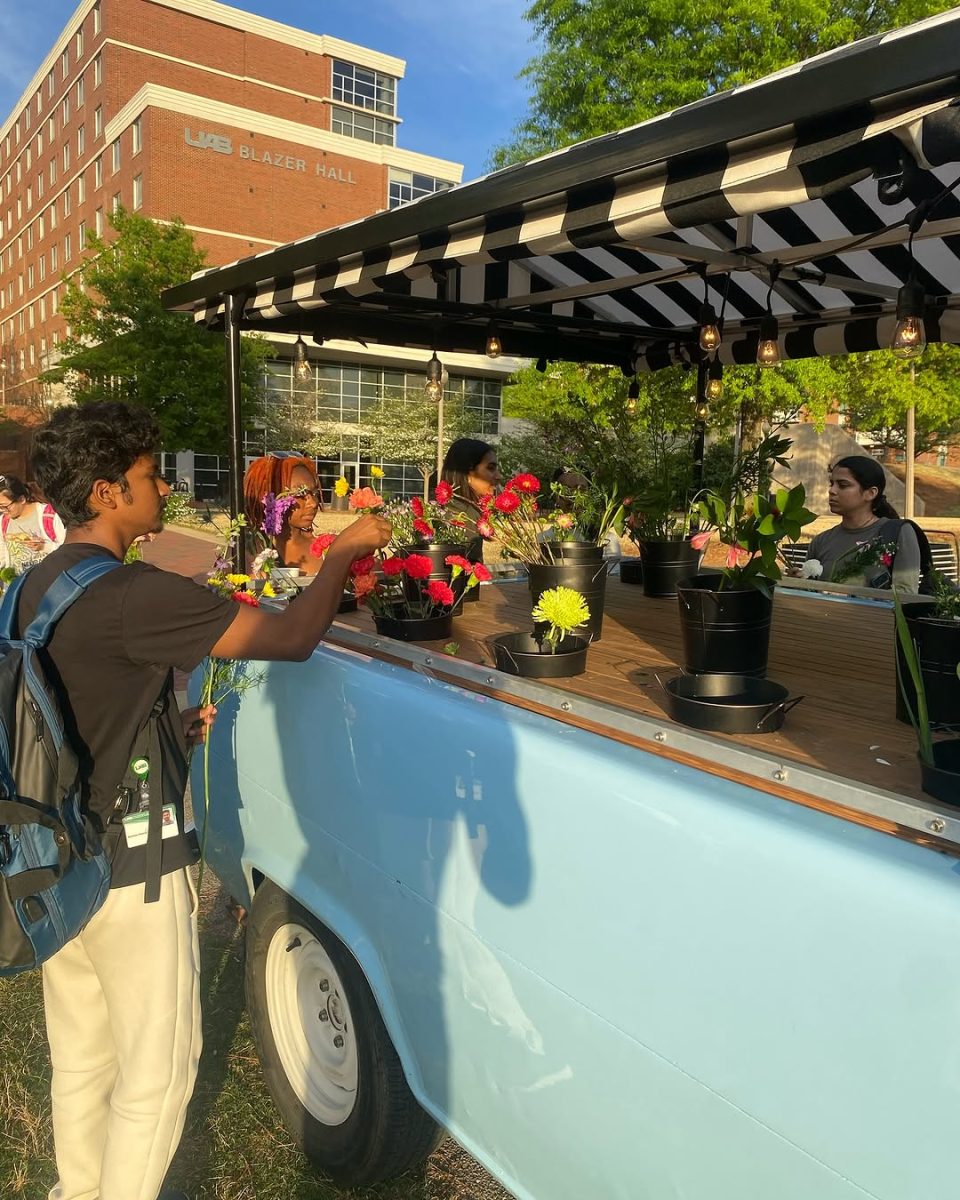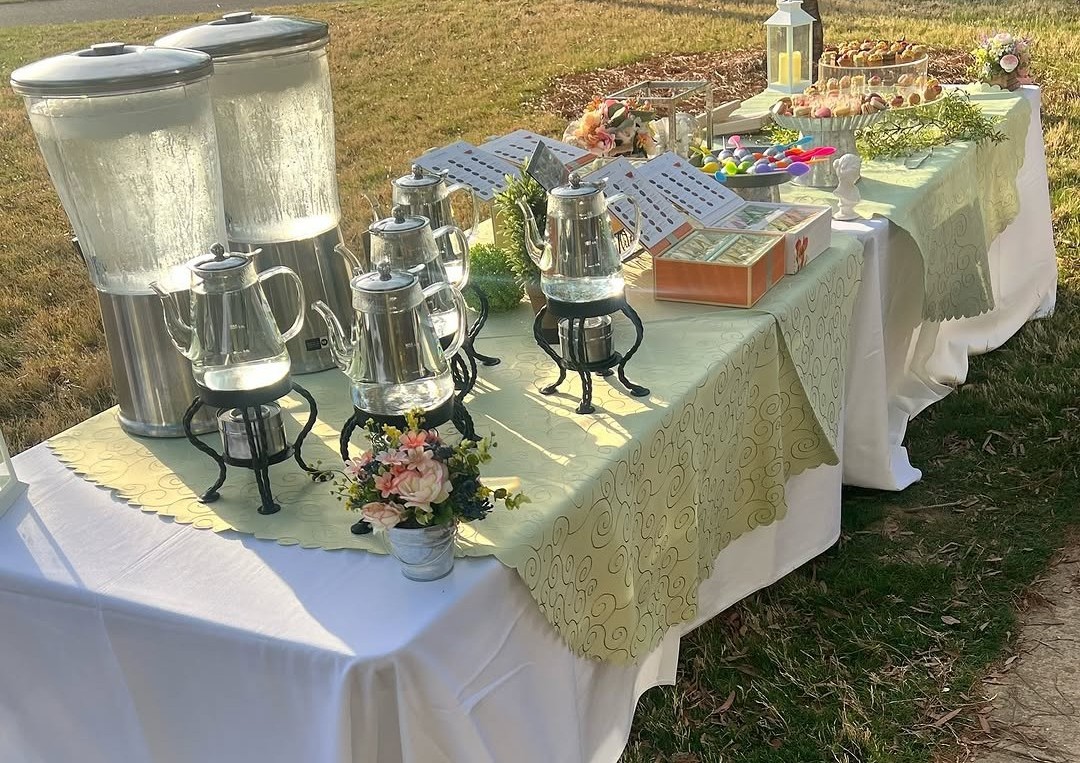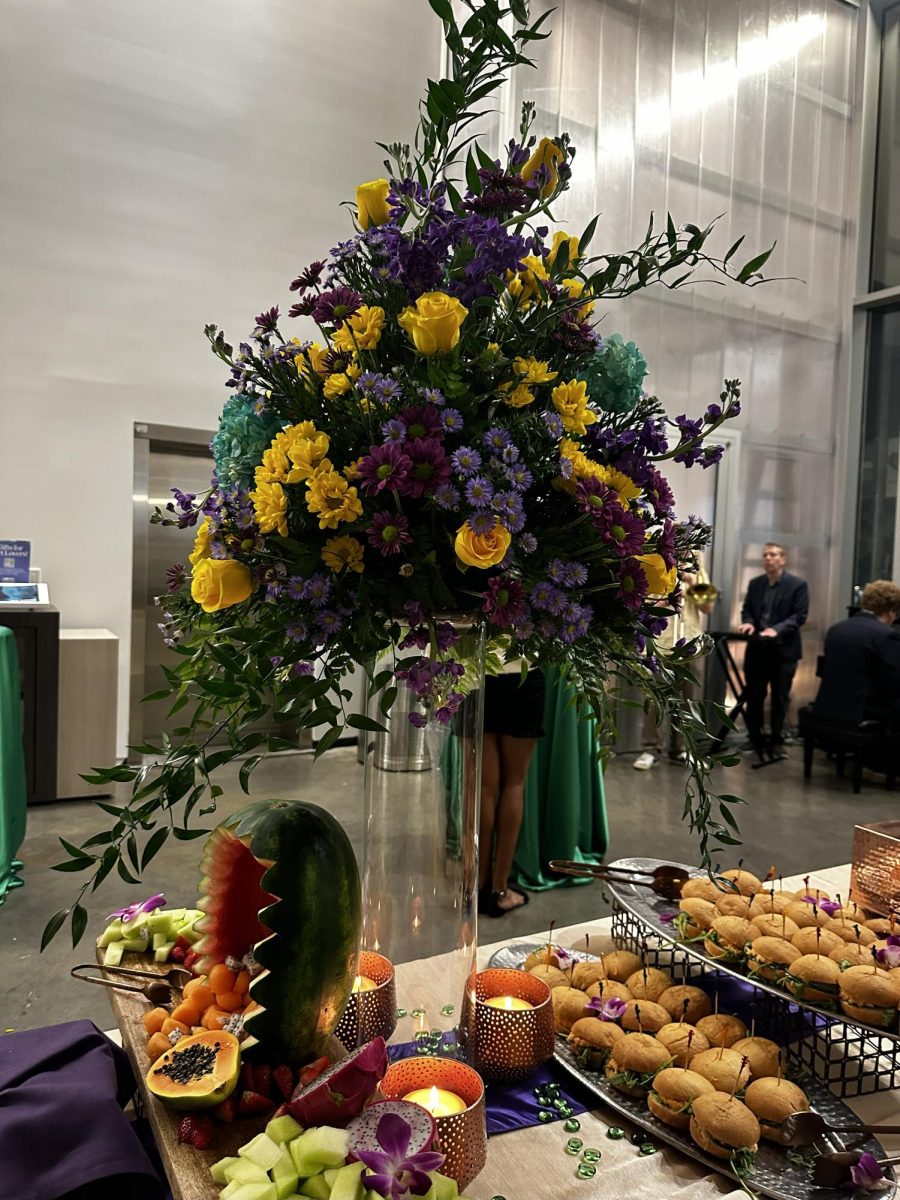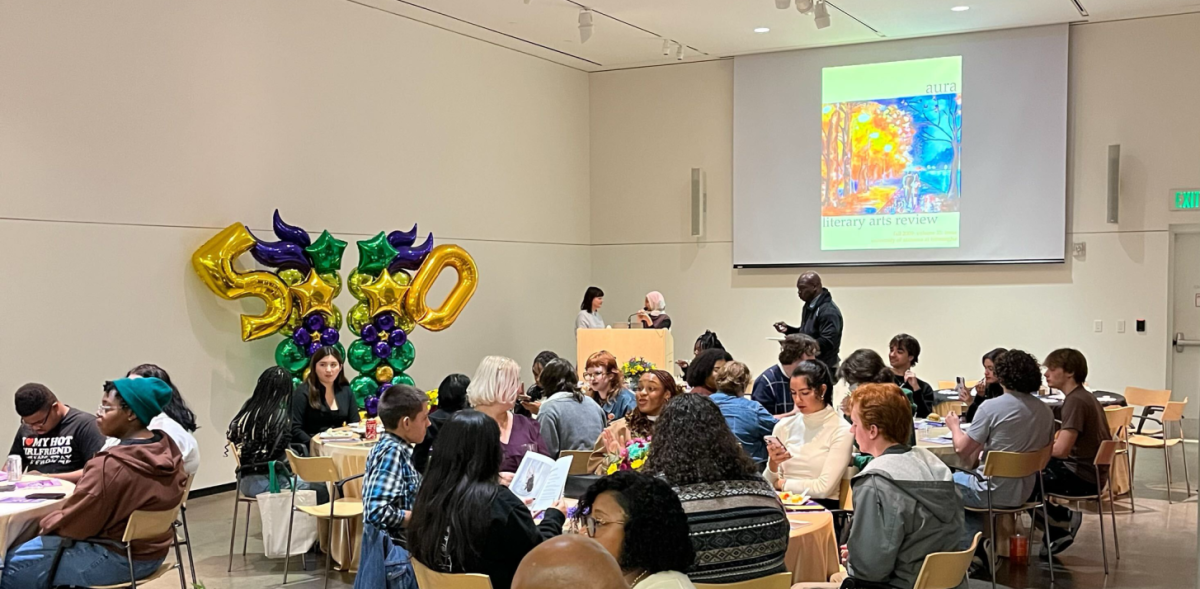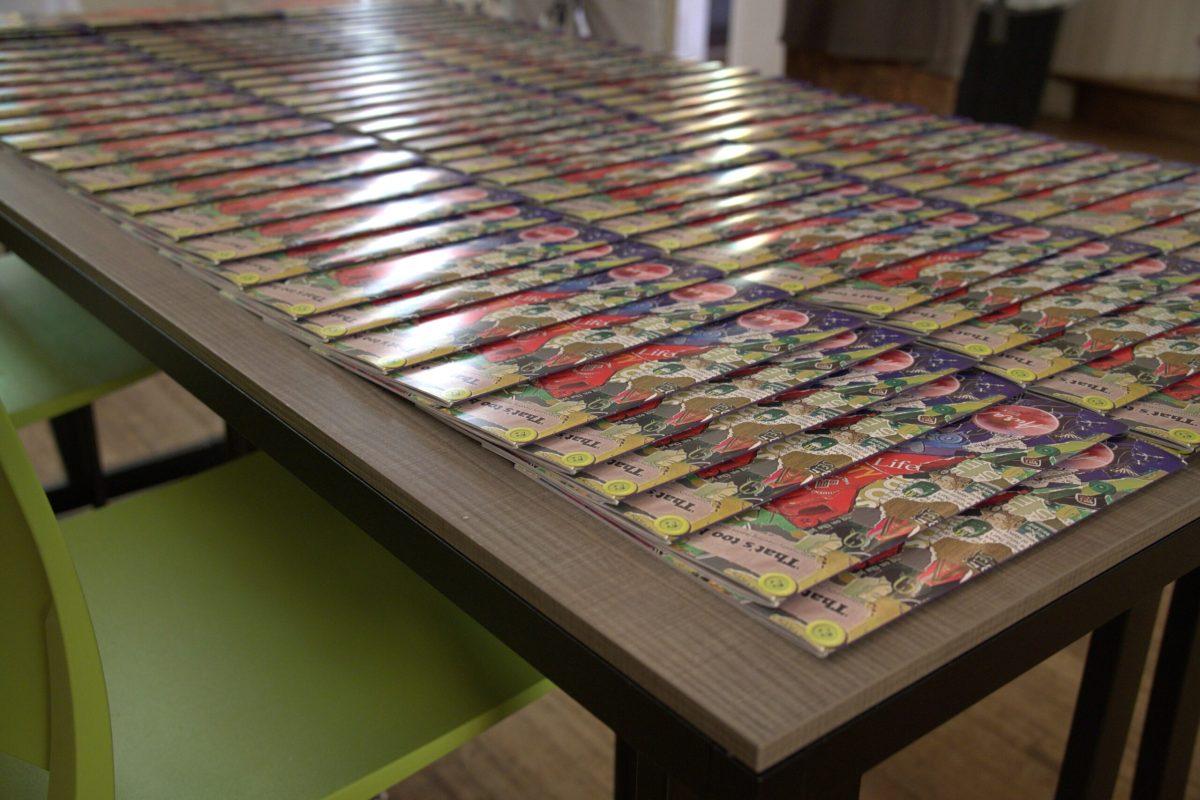Contributor

The Four Spirits statue in Kelly Ingram Park honors the four girls killed in the 16th Street Church bombing on Sept. 15, 1963 (Photo by Sarah Adkins).
This February, students across the country celebrated Black History Month. They read books by black authors, wrote research papers on civil rights activists, memorized Martin Luther King Jr.’s “I Have A Dream” speech, and watched videos about the Underground Railroad.
And for many, learning about the struggle of the past helped them to begin to recognize it in their own present – when a cashier squints suspiciously when they walk into a store, when they turn on the news and see another person who looks like them lose his life to senseless violence. These lessons are anything but history.
The students I taught in Birmingham knew this well. They were all incredibly bright, talented kids – but their conceptions of themselves and their potential were limited by stereotypes they’d seen and heard about people who look like them. The successful black people they knew were athletes and rappers. They simply didn’t know many black lawyers or doctors, so they never considered those paths. If they struggled in school, they assumed it was because they simply weren’t cut out for the work, not that our education system hadn’t been prepared to do it.
In the face of these realities, we have no time to waste. This school year marked the first in which the majority of public school students are minorities. Our generation has a responsibility to work to ensure that each and every one of them is moving through a system that affirms their identities, shows them they’re valued, and allows them access to the opportunities they have been denied for far too long.
While the “whites only” signs of the 60s have come down, the reality of separate and unequal endures. Alongside glaring gaps in educational, employment and economic opportunity, people of color in this nation face a variety of subtler, no less damaging assumptions. A successful black lawyer hears whispers of affirmative action. A young black boy on a corner is seen as “lurking,” while his white peers “hang out.” A black college student is asked to give “the black perspective” to a seminar full of white students who are never asked to speak on behalf of their entire race.
I majored in education at UAB and joined Teach For America because I believe that a quality education is a right to which every child in this nation is entitled. And now that I’ve been in the classroom, I am more convinced than ever. When students have access to the resources they need to help them thrive – whether that means individual literacy coaching, math tutoring, or help navigating problems at home – they are able to rethink what’s possible for their futures.
We have a long way to go as a country before we truly achieve justice for all. To fix the systemic oppression that has created the gross inequality of the present will take the hard, dedicated work of countless leaders and change-makers – many who have experienced it first hand, others who bear witness to it from further away. We must work toward these long-term changes as well as the immediate, urgent opportunities to change the way our students view themselves and their futures.
As teachers, we can play a central role in this. Every day, we can remind our kids that their thoughts, ideas, identities and opinions are important. We can share our own stories so that when our kids look to the front of the room, they see a little bit of themselves reflected back. We can remind them that they matter, that they always have and that they always will.
Audrianna Archibald is a 2011 alum of the University of Alabama at Birmingham and Teach For America-Alabama. She is the Student Support Coordinator at KIPP WAYS Primary School.
